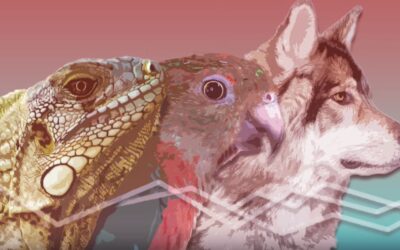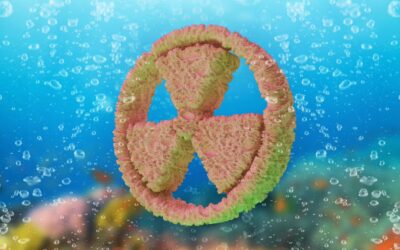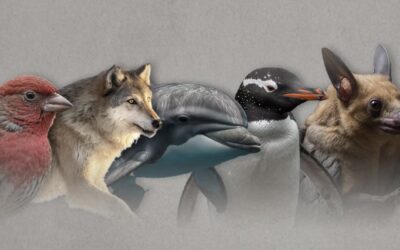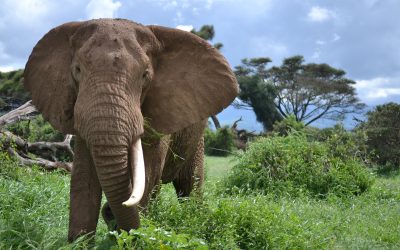The relationship between diet, plasma glucose, and cancer prevalence across vertebrates
In this intriguing research paper, recently published in Nature Communications, ACE researchers led by Stefania E. Kapsetaki and Carlo Maley show that, surprisingly, there is no significant link between diet and plasma sugar levels across nonhuman vertebrate species,...
Ancient sea creatures offer fresh insights into cancer Sponges withstand extreme radiation, provide clues to disease resistance
Ace researchers have found that sea sponges are incredibly resistant to radiation, and though some species can live for hundreds of years or longer, the their study didn't find any evidence of tumors in the animals. In fact, one species studied could withstand 100...
New study explores cancer prevalence in hundreds of vertebrate species
In a major study of almost 300 vertebrate species published in the journal, Cancer Discovery, ACE researchers examined over 16,000 necropsy records to look for the incidence of cancer across species. Among the findings of this ten year study, the team discovered that...
Resistance Management for Cancer: Lessons from Farmers
Preventing cancer cells becoming resistant to treatment drugs is one of the trickiest problems facing oncologists, yet farmers have worked out ways to manage an analogous problem - controlling the development of resistance to chemicals by the pests in their fields. In...
Testing Adaptive Therapy Protocols Using Gemcitabine and Capecitabine in a Preclinical Model of Endocrine-Resistant Breast Cancer
The biggest obstacle to curing cancer is the fact that cancers often harbor resistant cells that are unaffected by cancer drugs. A team that includes several ACE researchers tested a new strategy, called adaptive therapy, for maintaining control over resistant cells...
Elephant TP53-RETROGENE 9 induces transcription-independent apoptosis at the mitochondria
Cancer in elephants is very rare, and in order to understand just how they are protected from the disease despite their size and long lifespan, a team including ACE researchers studied their TP-53 genes. Their results appeared in Nature, Cell Death Discovery in...
Is chimerism associated with cancer across the tree of life?
In this intriguing paper published in PLOS ONE in June 2023, ACE researchers and their colleagues studied the association between chimerism and cancer across the tree of life. A chimera is an organism has that has cells from two or more genetically distinct sources. ...
The evolutionary theory of cancer: challenges and potential solutions
In this Perspective article in Nature Reviews Cancer, Carlo Maley and his colleague, Lucie Laplane, point out that there is much yet to understand about the many theories and models of cancer evolution in order to discover the best way to treat and prevent the...
Cells eating other Cells – found across the tree of life!
In this fascinating study in Scientific Reports, ACE researchers, Stefania Kapsetaki (now at Tufts University), Luis H. Cisneros and Carlo Maley trawled the literature to discover that cell-on-cell cannibalism is a behavior that occurs in both cancer cells and normal...
Birds species that lay more eggs get more cancer
Bird species that have small clutches tend to get less cancer than species that have large clutches. That's the conclusion of an international team of scientists that includes several ACE researchers. The team studied the necropsy records of close to 6000 birds...




